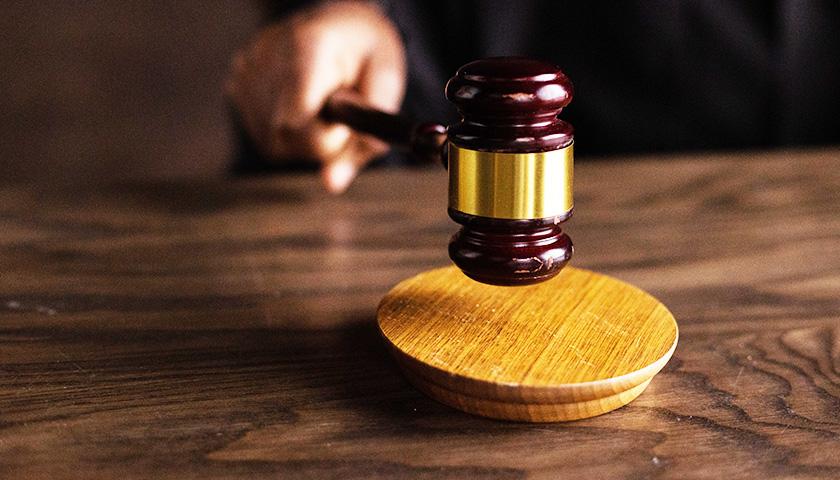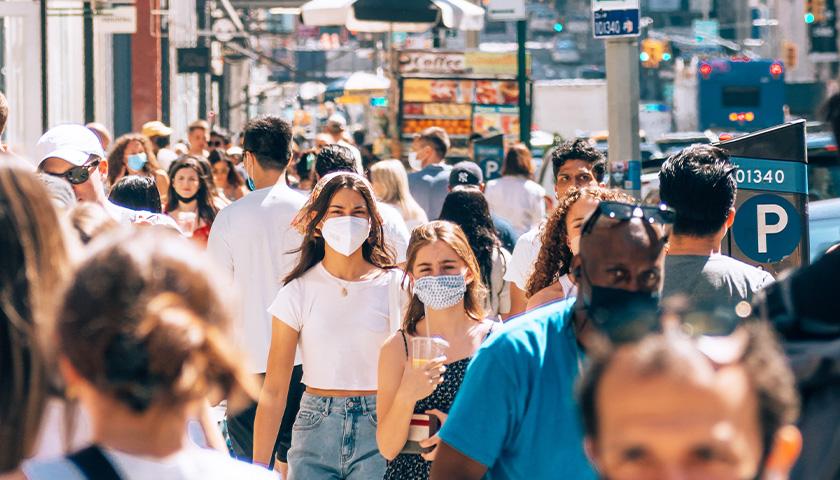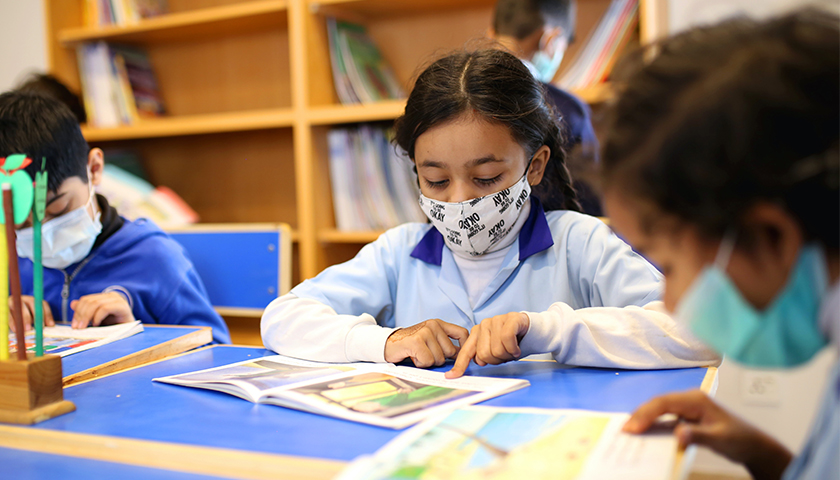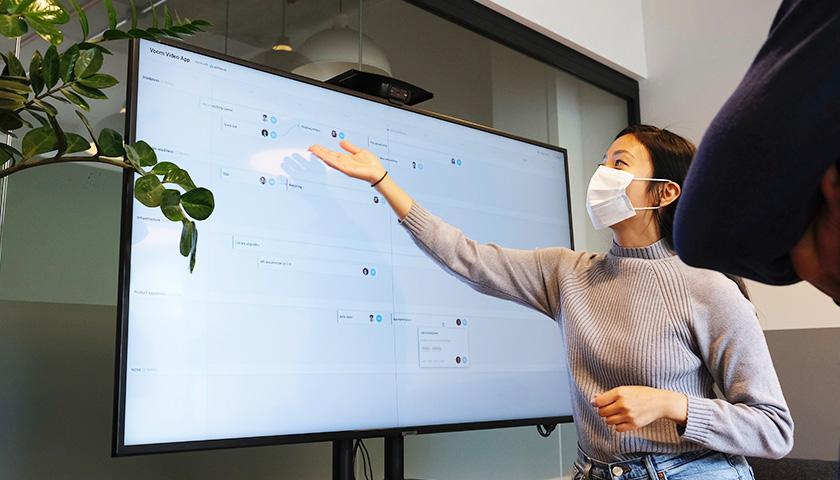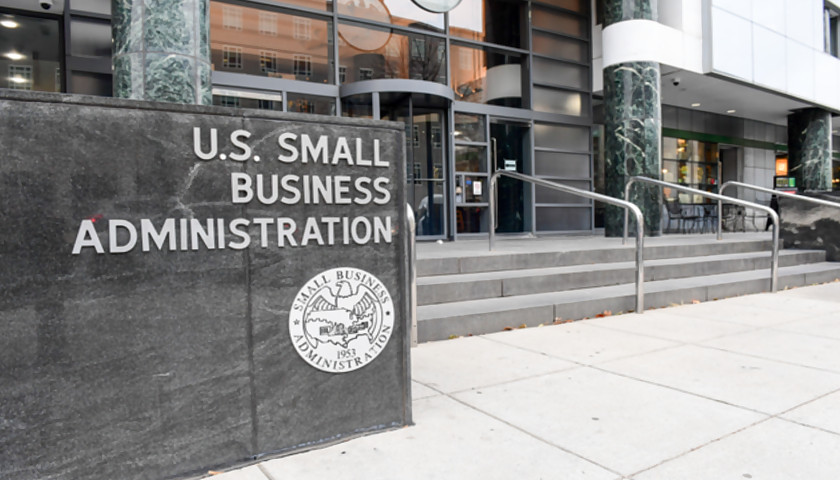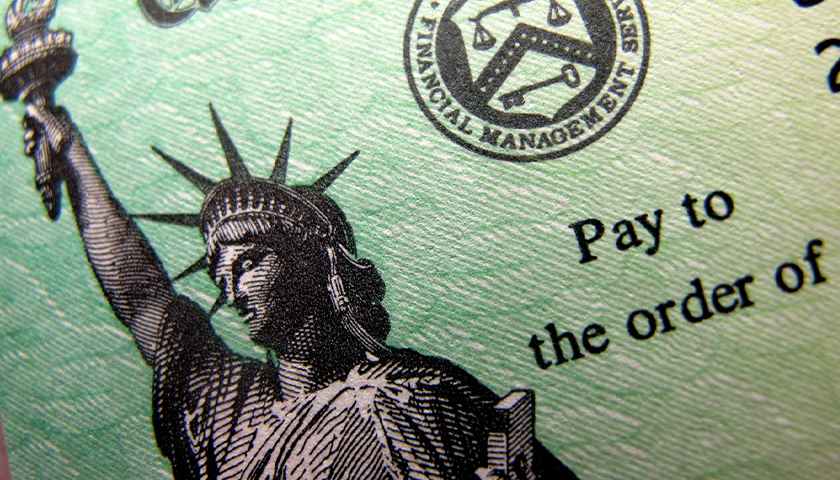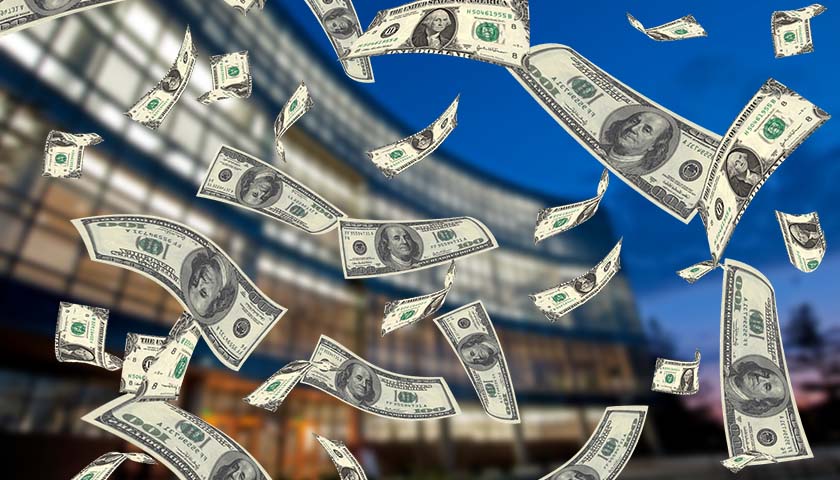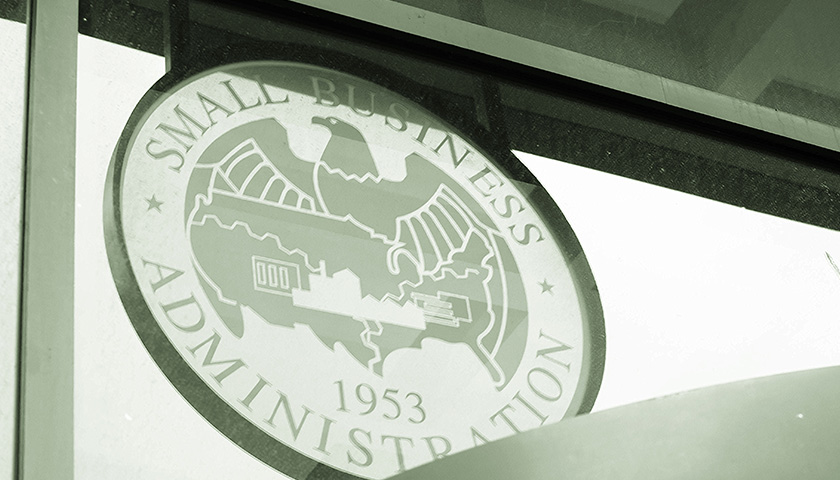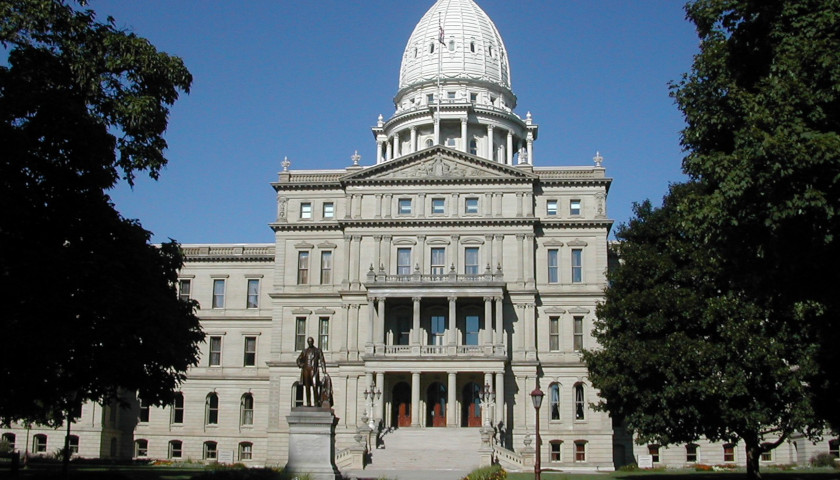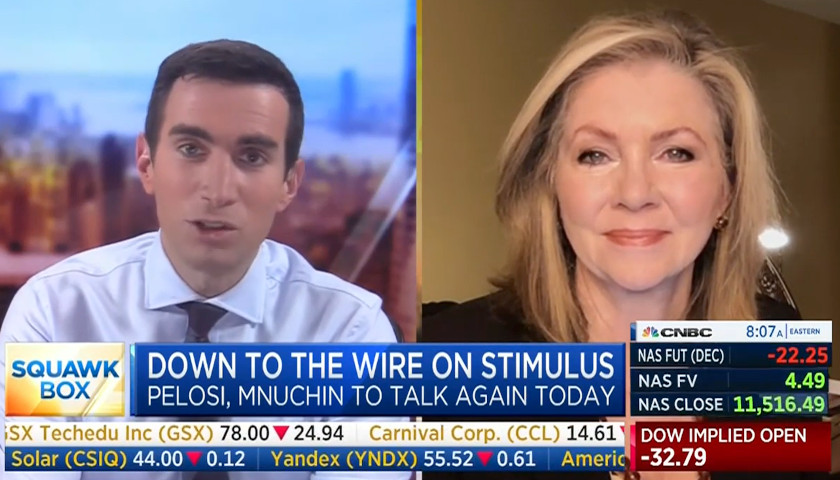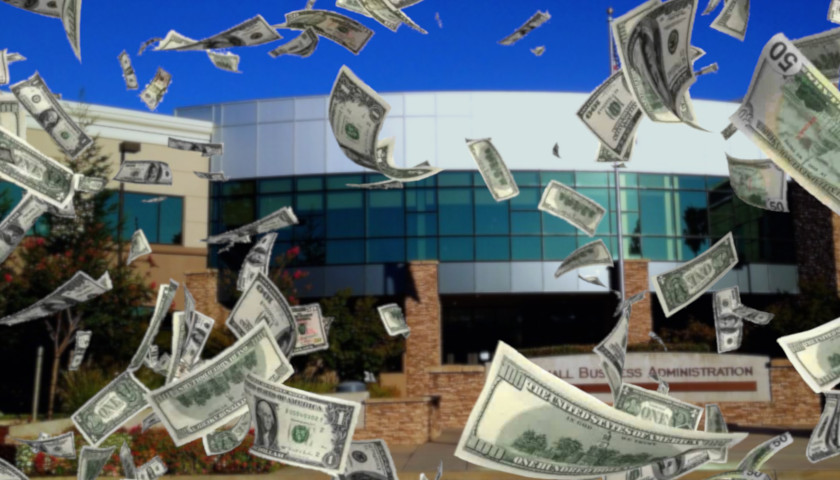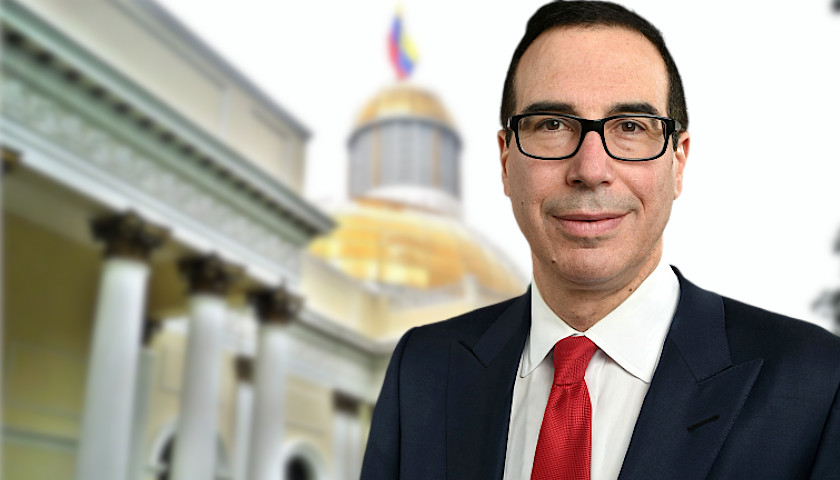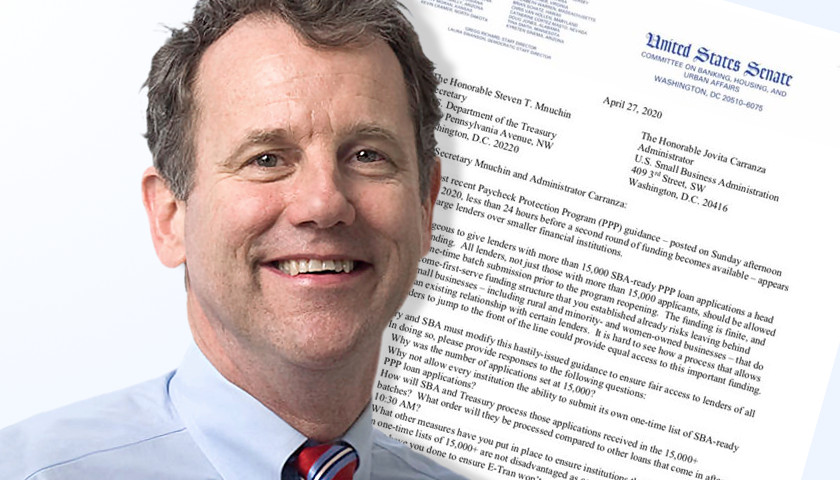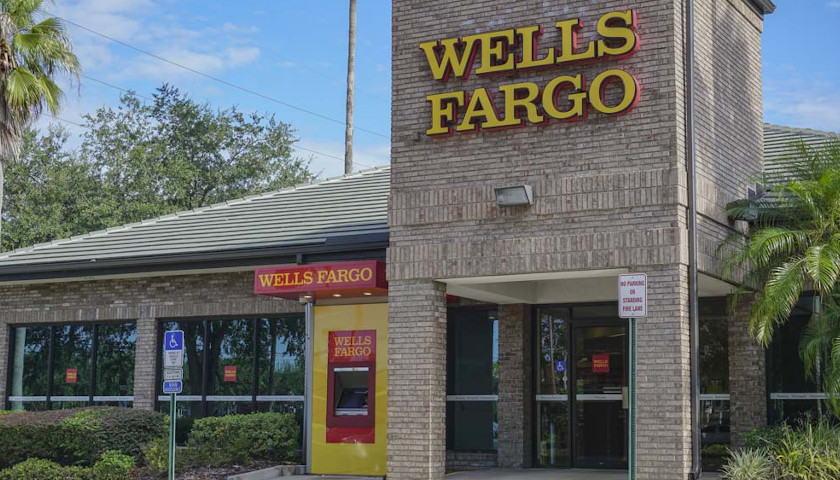The federal government reported $236 billion in improper payments in fiscal year 2023, with the vast majority coming from overpayments, according to a new watchdog report.
A U.S. Government Accountability Office report found 74% of improper payments – payments that shouldn’t have been made or were made in the wrong amount – were overpayments. Overpayments accounted for $175.1 billion of the total amount of improper payments in 2023. Overpayments are payments “in excess of what is due, and for which the excess amount, in theory, should or could be recovered,” according to the report.
Read More

